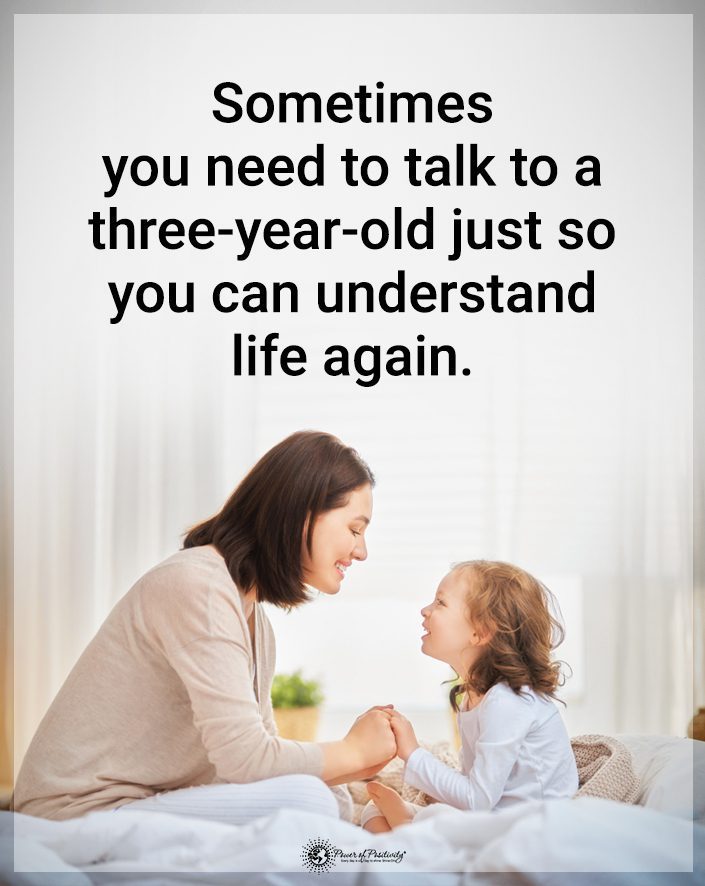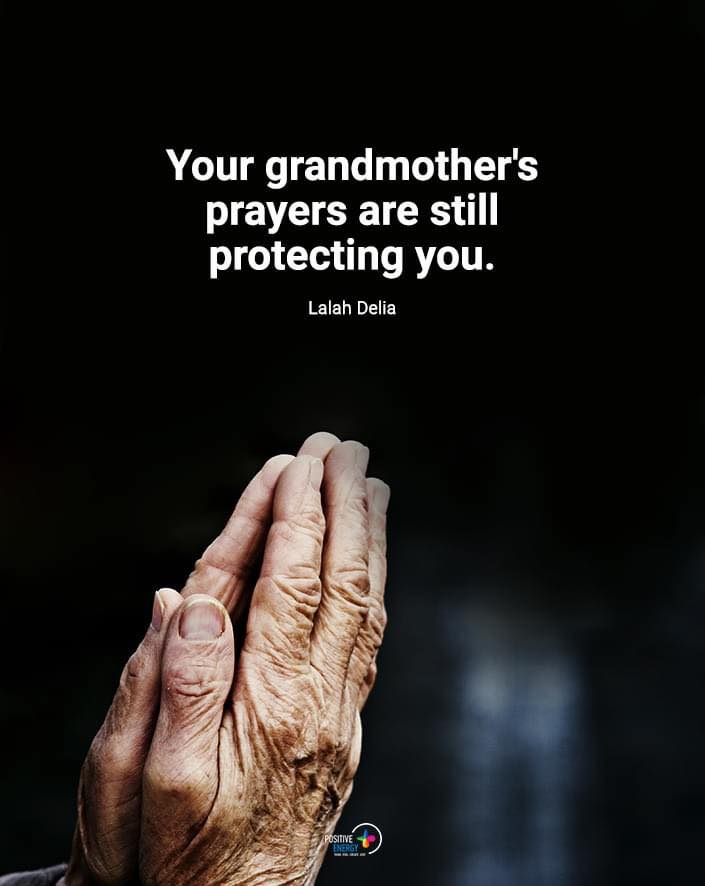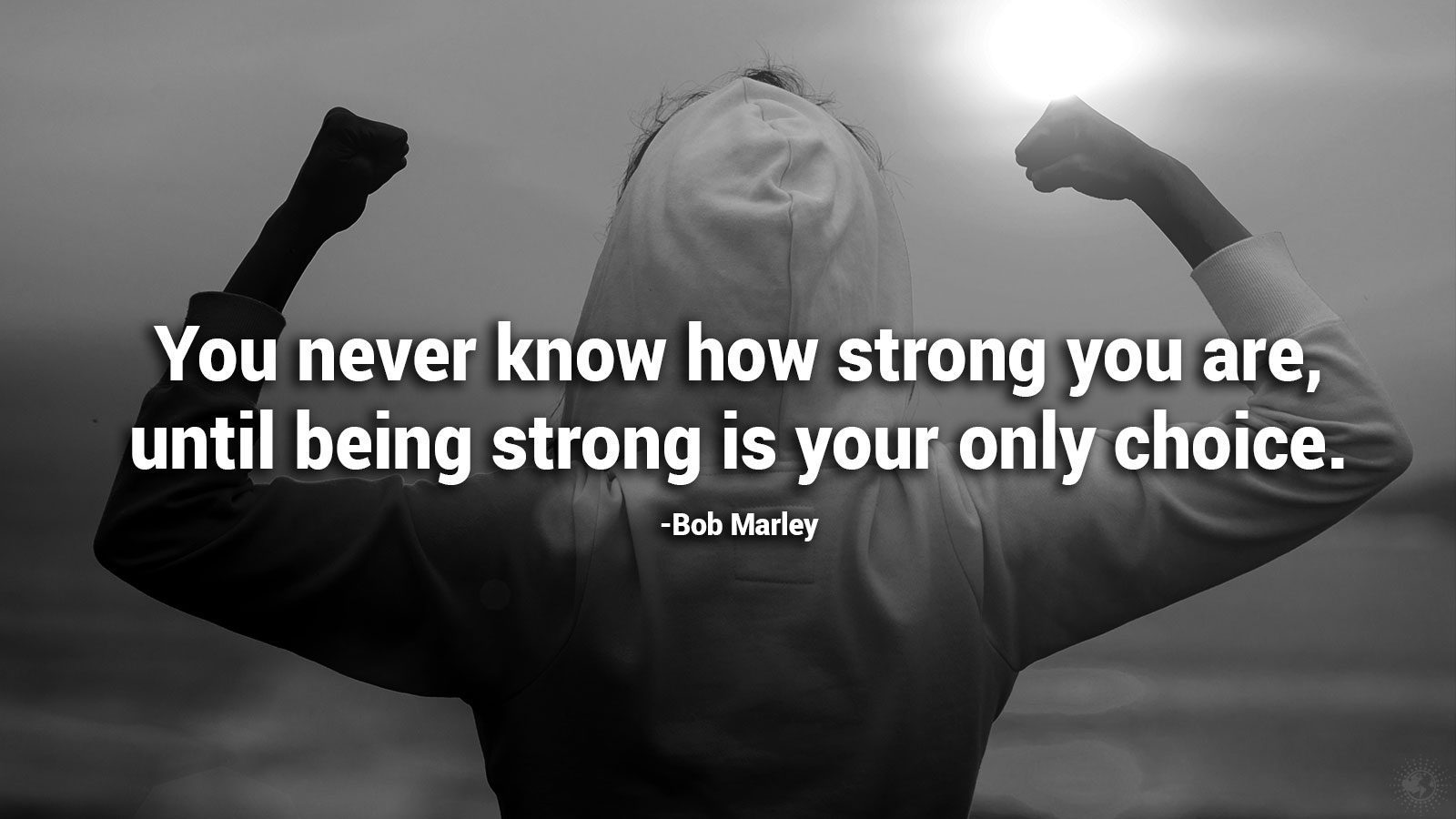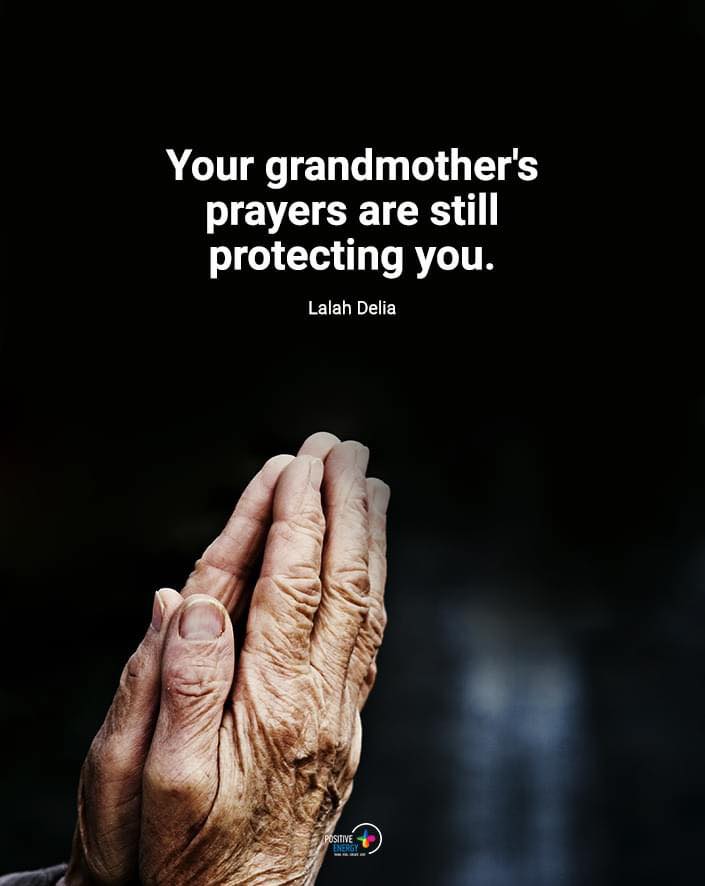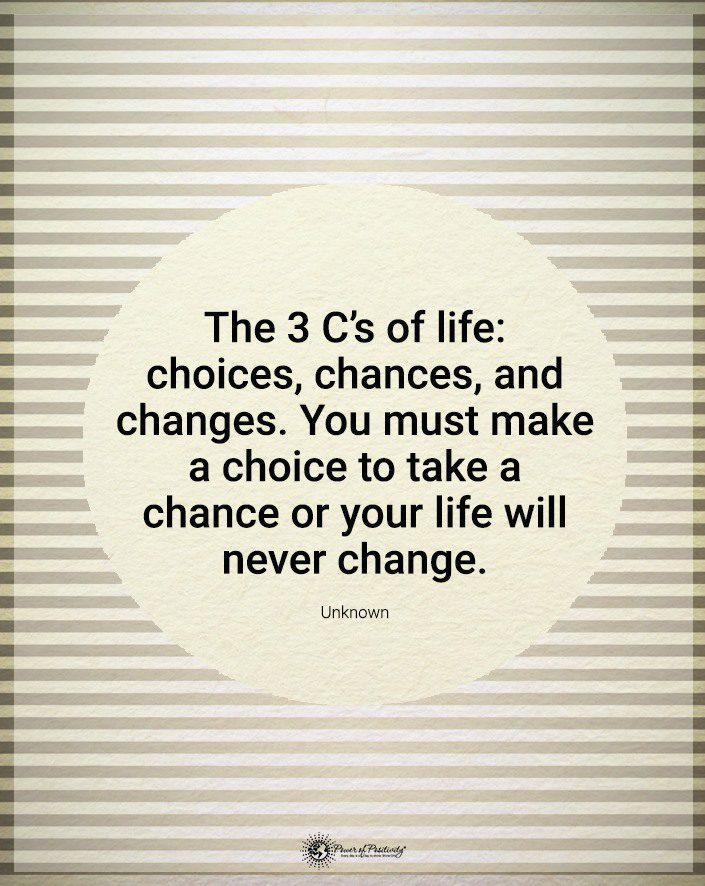Parenthood is a rewarding but exhausting experience. It comes with a mix of good times and bad, with various trials and tribulations. And all of that is exacerbated further by the pressure that moms face to be a perfect mother who gets everything right all the time!
But that pressure isn’t just unreasonable. It’s also detrimental to your health and the happiness of your children. The reality is that children don’t need a perfect mother, but they do need a positive one. Here’s why:
1. Why Mothers Feel The Pressure To Be Perfect
The myth of the perfect mother is an oppressive one, and it’s ever-present in most circles of our society. That myth puts a lot of pressure on mothers, often mom-shamed for minimal issues or even for total non-issues that other parents disagree with.
Why does this happen? Let’s unpack it. The concept of the perfect mother has its roots in the following complex, nuanced subjects:
· Black-and-White Thinking
We have a very binary way of looking at many things and people. This black-and-white thinking is detrimental to everyone who fixates on this scrutiny, and the gavel comes down very hard on many mothers. This damaging mindset dictates that you’re either a good or bad mother, and any imperfection puts you in the “bad” category. Of course, that’s not true at all – most parents are doing their best and are doing fine with their children despite any mistakes!
· Children Are Perceived As Always A Reflection Of Their Parents
Indeed, children are often a reflection of the parenting they receive sure. But, at the same time, they’re kids! They’re experimenting with boundaries, making mistakes, and making questionable decisions based on their limited capacity for critical thought. That’s what children do, and that’s okay! A good parent is there to correct and guide their children when they make those mistakes, not to pre-emptively stop all wrongdoing. And yet, a child acting out is often blamed on their mother, driving home the idea that mothers have to be both perfect and somehow prophetic to be good mothers.
· Parenting Responsibilities Are Not Equally Performed
Mothers are disproportionately expected to bear the brunt of all parenting responsibilities, even in dual-earning families where both parents work full time. Studies show that fathers often think that they’re doing equal work at home even when they’re not, and this extends to parenting. Mothers face more pressure by default and have to do more than fathers before they’re even perceived as doing their part. This also means that their mistakes and missteps are more likely to be seen as a huge problem, even when fathers make similar mistakes that get overlooked.
As you can probably tell, these topics, as nuanced as they are, all point to one thing: expecting perfection out of mothers is wrong and unreasonable. This is why children don’t need a perfect mother – because no one needs something that is that unreasonable!
2. How Striving to Be a Perfect Mother Is Bad For Parenting
The quest for perfection is almost universally bad across many contexts. Many people consider perfectionism a positive trait, but it isn’t. The concept of perfection itself is entirely unattainable, as there’s nothing that is truly 100% perfect. Human beings are inherently flawed, and even the most attentive mothers will make mistakes.
Worse still, many people base their goals for perfection on the perfection they perceive from others. You see someone doing a visibly perfect job and want to follow suit. But you don’t see their everyday lives, how they’ve covered any mistakes by using their strengths, and how they struggle before achieving their goals.
On the other hand, you see all of your flaws. You know all of your insecurities and are aware of every misstep you think you took in your daily activities. You know every moment of weakness and exhaustion and become your own worst critic. Essentially, your goals for perfection are wholly unreasonable and are often based on inaccurate comparisons to other people’s best presentations of themselves!
So, you know that perfection is not possible to achieve. But why is striving for it so bad for parenting? This is because:
· Trying to Be a Perfect Mother Ruins Your Confidence
The quest to become a perfect mother is doomed to fail, so your confidence is sapped away whenever you do “fail” in these attempts. The less confident you feel in your parenting, the more challenging parenting can become, and the worse your mental health gets.
· It Builds Excessive Stress When You Try to Be a Perfect Mother
When you try to be a perfect mother, you’re pouring time and effort into an impossible task. This can leave you completely exhausted and very stressed out. That fatigue and stress can cause you to give up on specific parenting tasks in favor of the easiest option, even if it’s ultimately the wrong choice for your kids.
· A Quest to Be a Perfect Mother Causes Resentment
Have you ever seen parents who resent their children? They say things like “I’ve fed and clothed you!” or “After everything I’ve done to give you the perfect childhood…” when angry at their child. These statements are harsh, unfair, and ridiculous, and they can dramatically hurt your relationship with your child if left unchecked. The tasks you’ve done as part of your parenting are your responsibility, but when you’ve overworked yourself in your quest for perfection, those tasks can morph into fuel for resentment against your child. Perfectionism has also been shown in studies to make parenting much less enjoyable for parents.
· It Makes You Focus On Other People More Than Your Child
Perfectionism is a comparison game a lot of the time. It may not be the case for you, but this is common in most individuals who strive for perfection. If it is the case for you, you’re paying much more attention to the thoughts and comments of others than to your child. Other people’s opinions can sully your ability to focus on your child’s unique needs. Your child may have different requirements or function differently than other children. After all, every kid is special. As such, the opinions of others can result in your child’s needs not getting met.
· Parenthood Is Not Predictable
You can’t predict what each day will be like. On some days, your child will be calm and eager to listen. On other days, they’ll throw a tantrum over the minor things. What worked one day may not work the next, and what they remembered yesterday may forget tomorrow. It’s never possible to be perfect, but it’s even less likely in such inconsistent contexts.
· Striving to Be a Perfect Mother Makes Each Lesson A Bad One
When you try to be a perfect mother, you perceive new knowledge from mistakes and lessons as proof of your failure. This can make it hard to accept these lessons, and you may resist them or become defensive instead of taking them as an opportunity to improve your child’s parenting.
· It Makes You Demand Things From Your Child
Because the myth of the perfect mother implies that every action your child performs reflects your parenting, you begin to demand things out of your child. It would be best if you behaved in the perfect way to reflect perfectly on yourself. This puts a lot of pressure on your child and can damage your relationship with them, giving them unhealthy coping mechanisms that will follow them as they grow up.
· Your Child Will Copy You
Children learn by example. If they see you beat yourself up over being “imperfect, ” they will do the same to themselves. They’ll view their flaws as shameful things that they must fix and will not forgive themselves for making mistakes, damaging their self-esteem. If Mom does it, they’ll do it too.
3. Why Children Need A Positive Mother
So, children don’t need a perfect mother – and, in reality, striving for perfection is inherently wrong for them. Instead, they need a positive mom who accepts them, is kind to herself and others, and is firm but reasonable. Positive parenting styles have the following benefits:
· A Positive Mother Creates A Growth Mindset
A cheerful mother will watch her children without judgment and focus on helping kids grow. When a child makes a mistake or is upset, a positive mother allows them to process the feeling and co-regulates because she isn’t trying to force perfection onto them. She turns terrible times into teachable moments. And when she makes mistakes, she apologizes for them and models growth and learning for her children. This creates a reasonable, realistic understanding of mistakes and growth that encourages children to be accountable for their mistakes and do better next time.
· It Ensures Their Needs Are Met
A positive mother does not focus on what others think of her and her children. She is more interested in meeting the needs of her children, even if they’re different from the needs of others. She doesn’t compare herself or her children with anyone else.
· A Positive Mom Builds Memories And Bonds
A positive mother does not focus on trying to control everything for perfection. She can exist in the moment, which elevates the quality time she spends with her children, and she appreciates the memories they make. She lets go of perfectionism to give her children the space to be themselves and bond with her.
· It Forms An Environment Of Acceptance
A positive mother doesn’t beat herself up for every flaw and error. She accepts her weaknesses and strives to improve while being kind to herself. She teaches her children that it’s okay to be flawed and that they don’t have to do everything perfectly to be worthy of love. In other words, she teaches them that what matters is growth and kindness, not perfection.
· It Gives Children The Space To Be Independent And Grow
Positive mothers don’t feel the need to control every situation excessively. They’re comfortable with their children making mistakes and learning from them. They don’t feel the need to hand-hold constantly, thus teaching their children the skills to be independent, as appropriate for their ages. Kids parented this way will be better at forming informed opinions, making their own decisions, and managing their lives as they grow into adults. Research shows they’ll be more resilient with positive parenting.
Final Thoughts on Some Reasons Why Children Don’t Need a Perfect Mother, But a Positive Mom
The pressure on moms to be the perfect mother all the time is immense, and it’s also unfair. Worse still, this kind of thinking can damage a child’s life and sour relationships between kids and parents. As a mother, all you have to do is focus on positivity and learning over getting it right. It’s better for your kids – and it’s better for you!



